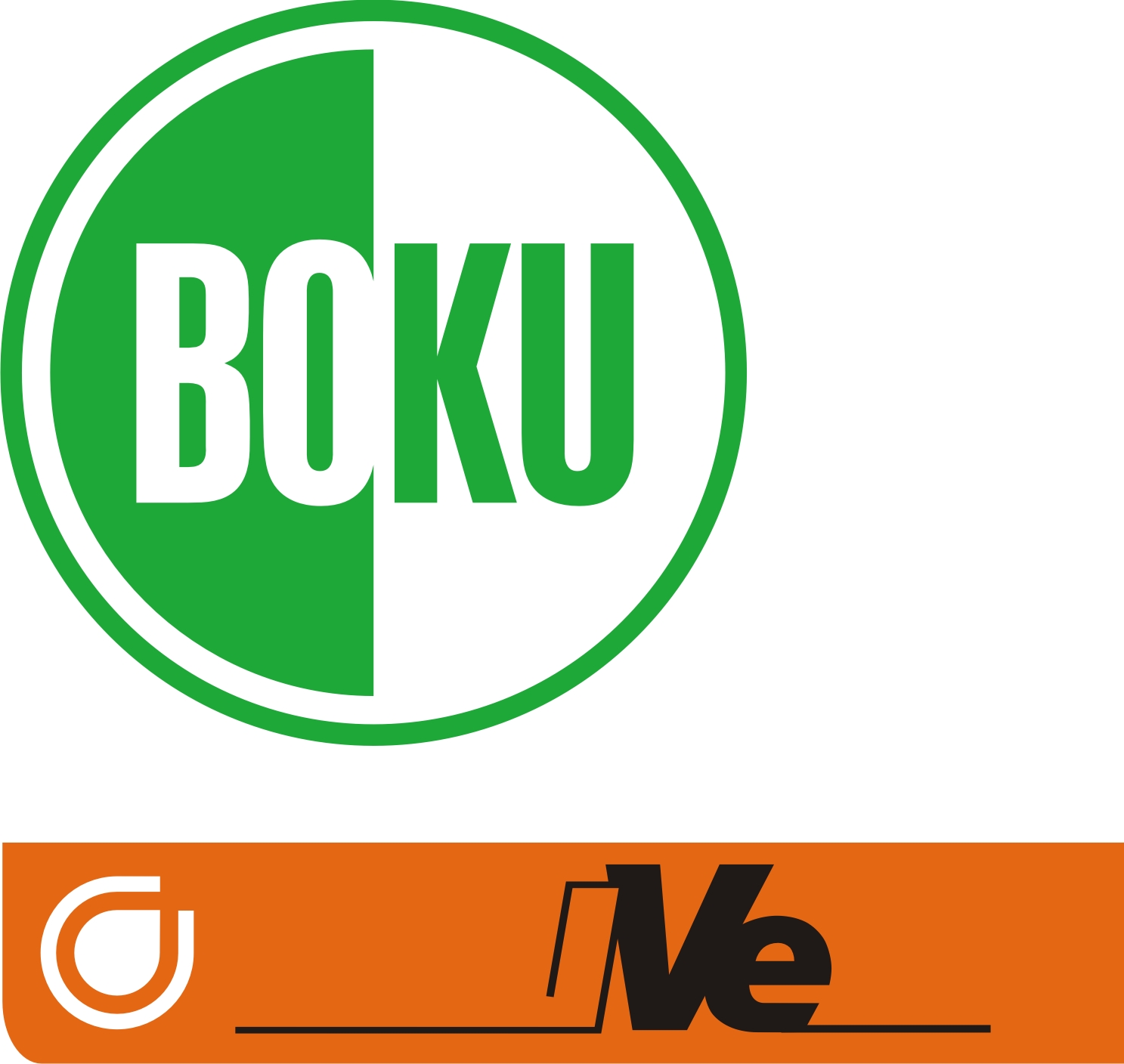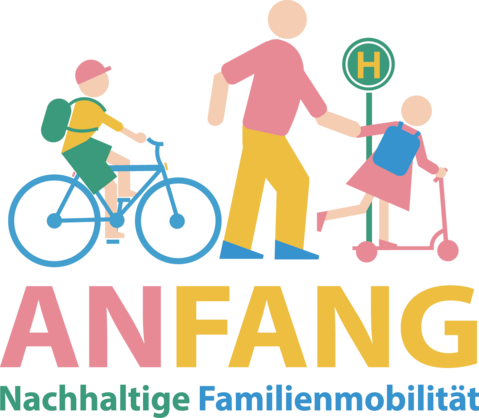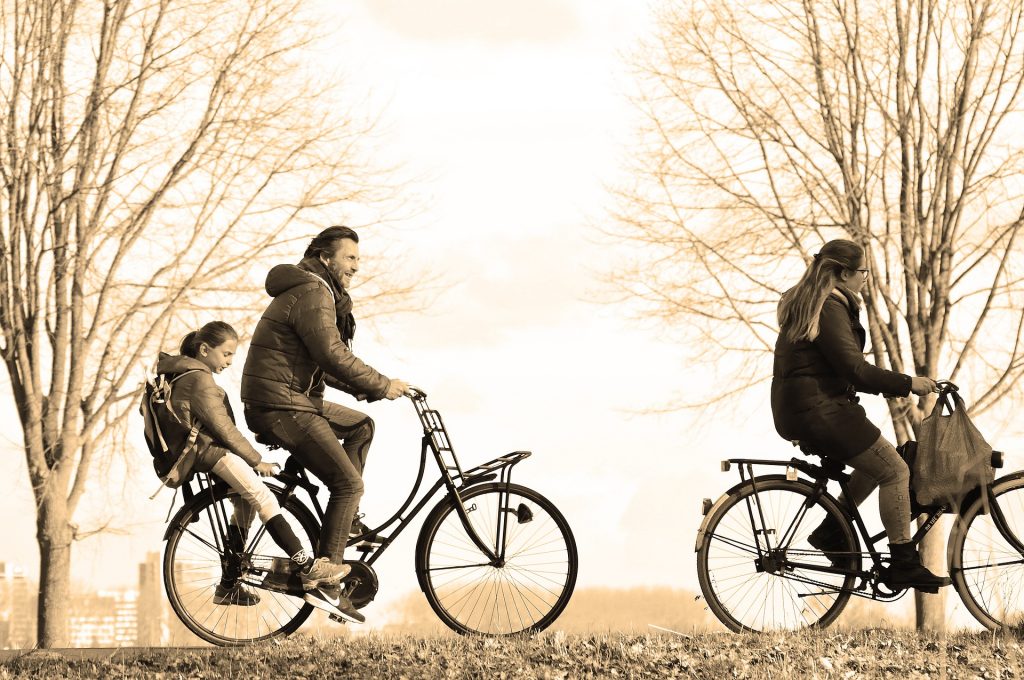Project team:


At specific points in live, so called live changing moments, people often change their mobility patterns and a shift from sustainable transport modes to motorized individual transport occurs.
Whereas data from Austria is only rarely available, data from Germany shows that especially walking and cycling trips decrease when children live in a household. The concern about children’s safety or the uncertainty about comfort makes active mobility unattractive. Additional barriers are trip lengths and the number of extra trips (e.g. consulting a doctor, leisure trips) which are necessary with children. The reason that family mobility is often associated with a car is that people do not have enough information on the benefits and possibilities of active mobility.

While the number of available active mobility measures is already increasing in cities, rural areas seem to be relatively unaffected by this development. To counter this development, the R&D project ANFANG aimed to promote walking, cycling and the use of public transport as part of families’ everyday life in rural areas. For this purpose, the ANFANG project (2018-2020) developed a concept at the meta-level for the promotion of sustainable and family-friendly mobility, which was applied to two municipalities as examples. In addition, a report on mobility of families was prepared. The necessary data was collected through interviews with (expectant) parents and workshops with mobility service providers and political decision-makers.
The concept includes:
*an insight into the mobility of young families,
*a model to promote active mobility of young families,
*a checklist to determine the current status of the municipality with regard to family-friendly mobility
*proposals for measures as well as funding possibilities on how to implement sustainable mobility for families in the municipalities.

In order to achieve a more sustainable mobility development it is very important to promote active mobility measures. In addition to the positive effect on public health, the promotion of active mobility is a major contributor to achieve the overarching goal of the UN-Convention in Paris to reduce greenhouse gas emissions to limit global warming.
Therefore, the ANFANG-concept is available for a wide range of stakeholders (such as municipalities or local companies) for further exploitation (in German). A report on family mobility is also available.
Project management: DI Dr. Oliver Roider
Contact: oliver.roider@boku.ac.at
